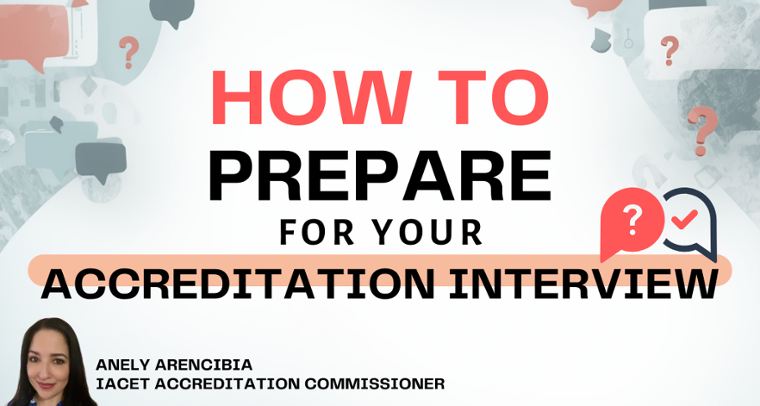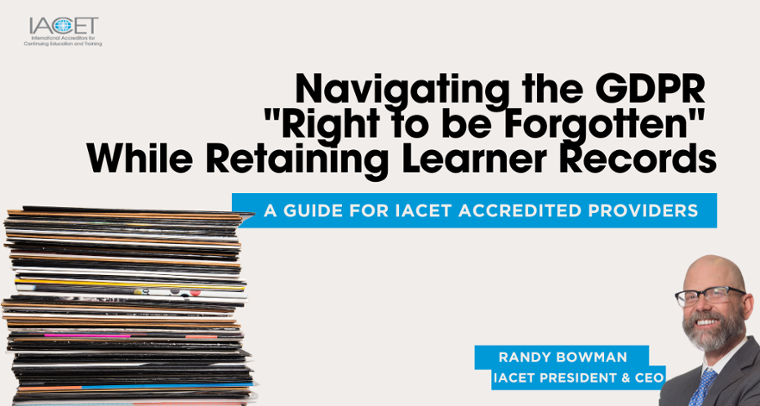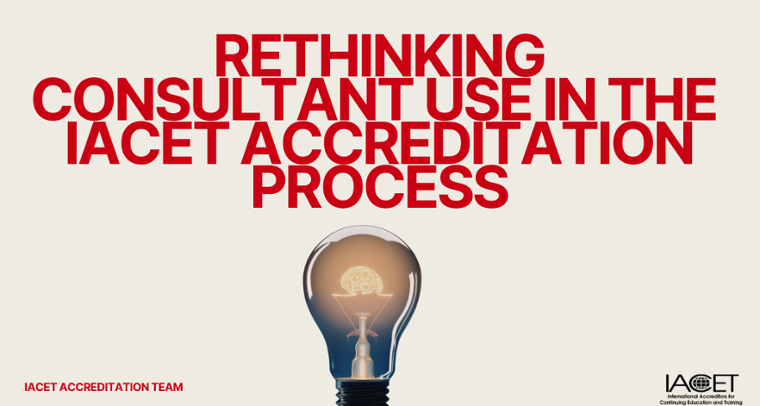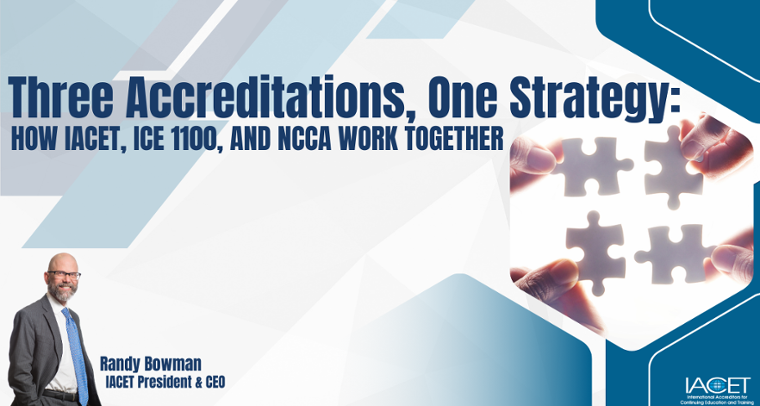How to Prepare for Your IACET Accreditation Interview

The accreditation interview is a defining moment in the IACET accreditation process — an opportunity to demonstrate how your organization brings the Standard to life beyond written policies. More than a review, it’s a professional conversation that highlights your team’s understanding, implementation, and commitment to quality learning. In this blog, we share practical guidance to help you prepare with clarity and confidence.




